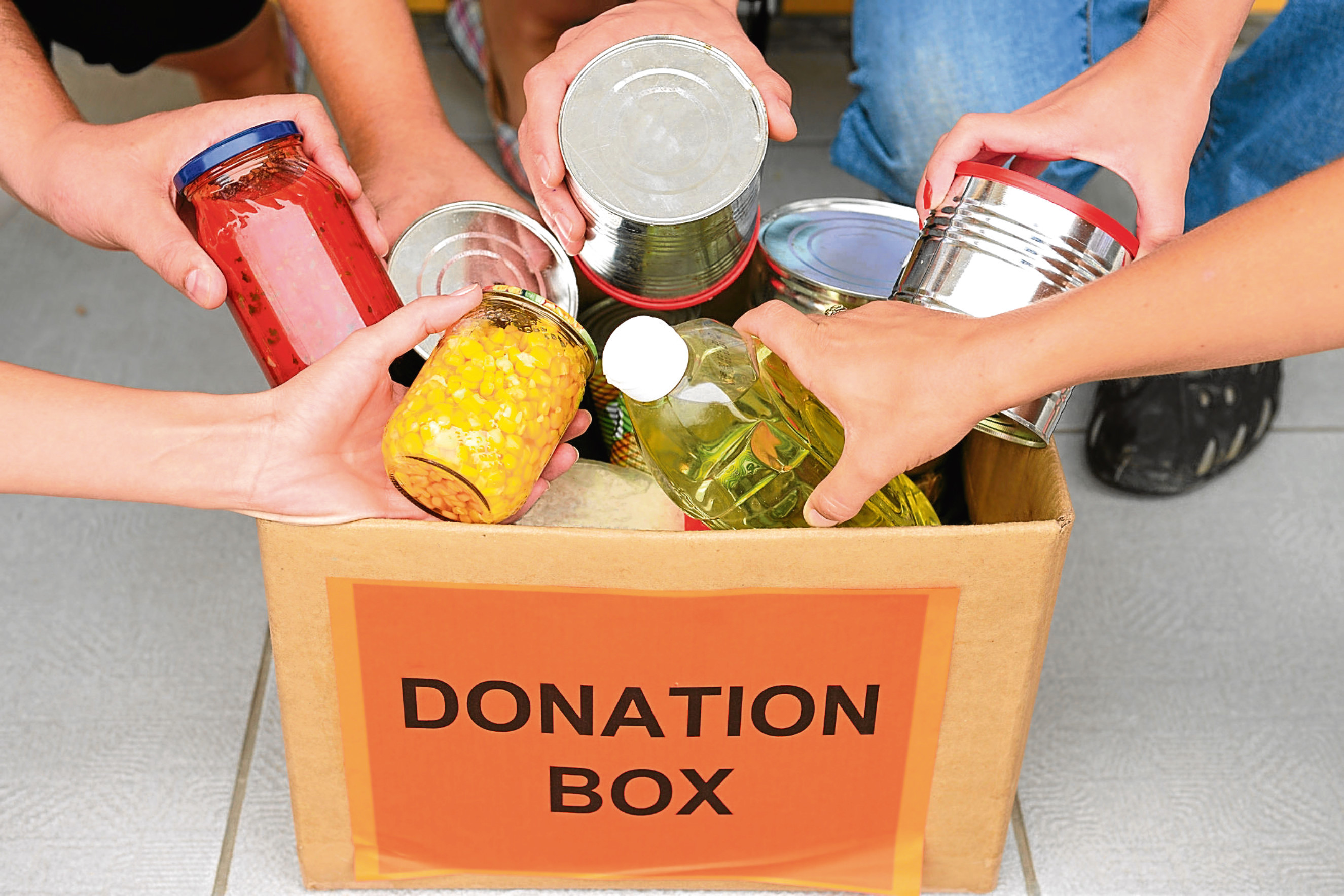
More than one million more people could be plunged into poverty by the end of the year because of the Covid-19 crisis, a new report is warning.
The number of children in poverty could jump by 200,000, taking the total to 4.5 million, according to an analysis by the IPPR think tank.
Urgent action is needed to protect families from the financial hardship caused by the pandemic, said the report.
Those newly forced to rely on Universal Credit will experience a major hit to their living standards, which will be particularly damaging for households with high rents as a proportion of their incomes, or with debts and low levels of savings, said the IPPR.
Even for many parents with jobs, returning to work is difficult or impossible while schools and childcare are only taking selected pupils, and are open irregular hours, it was warned.
IPPR called on the Government to include measures to support children and families as part of its planned economic stimulus package this summer.
Clare McNeil of the IPPR said: “This analysis shows that hundreds of thousands of families and their children who may have been ‘just about managing’ before Covid now face being plunged into poverty.
“The Government must apply the same level of ambition it had for supporting businesses and workers in the early stages of this crisis, to prevent a new generation of children and their families falling into poverty through no fault of their own.
“The Chancellor must include in this summer’s stimulus a package of measures to support families alongside funding for physical infrastructure and job creation.
“This should include removing the Universal Credit austerity measures, supporting family and carer incomes and investing in childcare to open up more options for parents to return to work.”
A Department for Work and Pensions spokesman said: “We’re committed to supporting the most vulnerable in society throughout the current emergency and beyond.
“We have injected £6.5 billion into the welfare system, including increasing Universal Credit and Working Tax Credit by up to £1,040 a year, to help those in most need. We’ve also rolled out income protection schemes, mortgage holidays and additional support for renters.
“This builds on action already taken to support low paid families such as raising the living wage, uplifting benefits by inflation and increasing work incentives.”
Kevin Courtney, joint general secretary of the National Education Union, said: “It is deeply alarming that in an already parlous situation, this report forecasts that an enormous number of children will be thrown into poverty by Christmas.
“This is in addition to the 4.2 million children living in poverty in the UK in 2018/19, which equals nine children in every class of 30.
“Politicians from across the political spectrum have been speaking out about the effects of the coronavirus pandemic on children living in poverty. However, many of those same politicians voted for and supported policies which have made matters worse.”

Enjoy the convenience of having The Sunday Post delivered as a digital ePaper straight to your smartphone, tablet or computer.
Subscribe for only £5.49 a month and enjoy all the benefits of the printed paper as a digital replica.
Subscribe